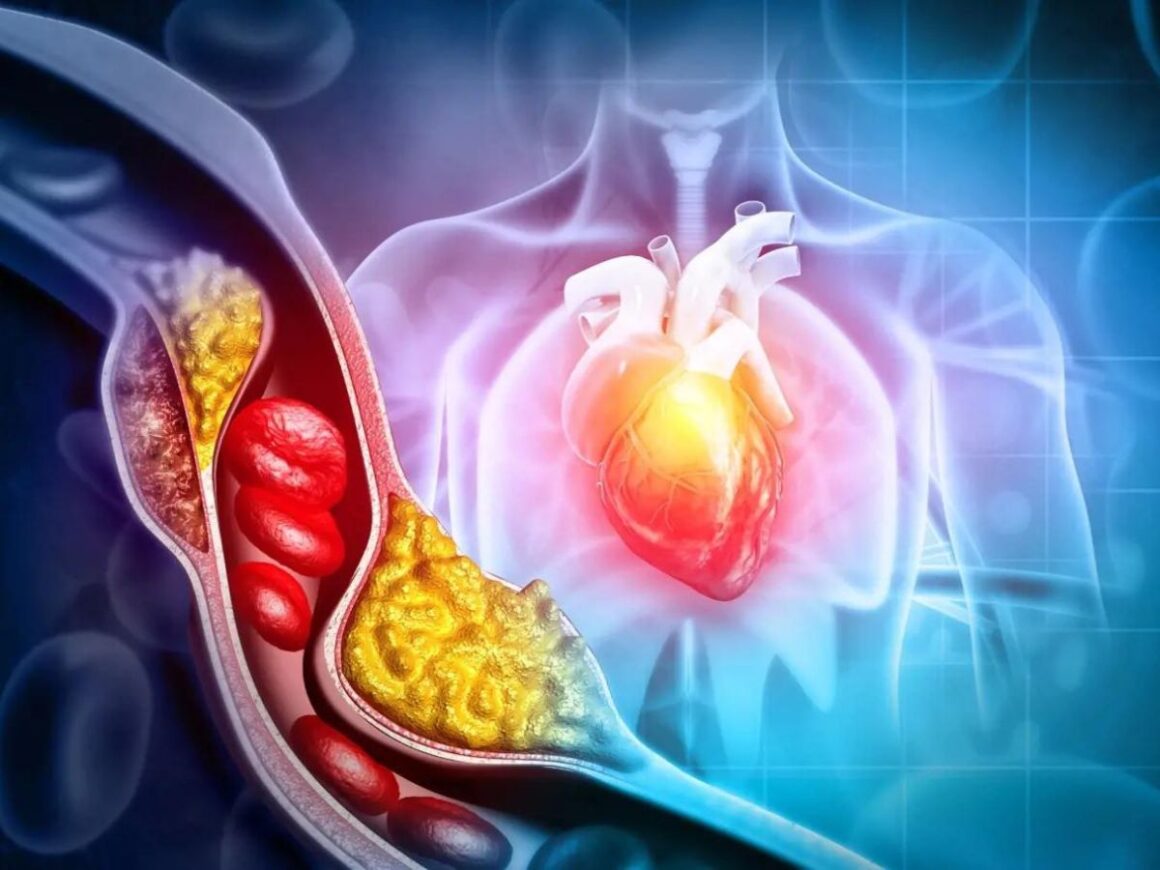High cholesterol is a health issue that many people face, even in their 40s. While chest pain and shortness of breath are common symptoms, there are also some less familiar signs that indicate high levels of LDL cholesterol. Recognizing these symptoms can help in early detection and better management.
The Role of LDL Cholesterol
Before we talk about these lesser-known symptoms, it’s important to understand LDL cholesterol. Known as the ‘bad’ cholesterol, LDL can accumulate in your blood vessels, causing atherosclerosis and increasing the risk of heart disease. Keeping track of your LDL levels is crucial for heart health and preventing severe health issues.
Unusual Fatigue
Feeling unusually tired is one sign of high LDL cholesterol that people often overlook. Fatigue can be caused by many things, like stress or poor sleep, but if it persists without a clear reason, it might be due to high cholesterol. When your blood vessels narrow because of LDL buildup, your heart works harder, making you feel more fatigued.
Xanthomas
Xanthomas are another sign to watch out for. These yellowish, waxy deposits on your skin, especially around the eyes, elbows, knees, and hands, can signal high cholesterol levels. If you notice these, it’s time to get your cholesterol checked by a doctor.
Memory Loss
High LDL cholesterol can also affect your memory. Studies suggest that high cholesterol levels can cause plaque formation in the brain’s blood vessels, leading to cognitive problems. If you’re having unexplained memory issues or trouble concentrating, consult a healthcare provider.
Recurrent Infections
People with high cholesterol might experience more frequent infections. High LDL can weaken your immune system, making it harder to fight off illnesses. If you often get infections, particularly of the respiratory or skin variety, this may be a sign of high cholesterol.
Digestive Issues
Digestive problems like bloating, gas, and indigestion could also indicate high LDL cholesterol. Excessive LDL can impact liver and gallbladder function, leading to digestive disturbances. If these issues persist despite dietary changes, it might be worth discussing cholesterol screening with your doctor.
In summary, high cholesterol can manifest in ways other than chest pain and shortness of breath. By being aware of these overlooked symptoms, people in their 40s can better monitor and manage their cholesterol levels, making necessary lifestyle changes and seeking medical help when needed. Early detection is key to lowering the risk of heart disease and related issues. If you notice any of these symptoms or have worries about your cholesterol, talk to a healthcare professional for tailored advice and treatment.

